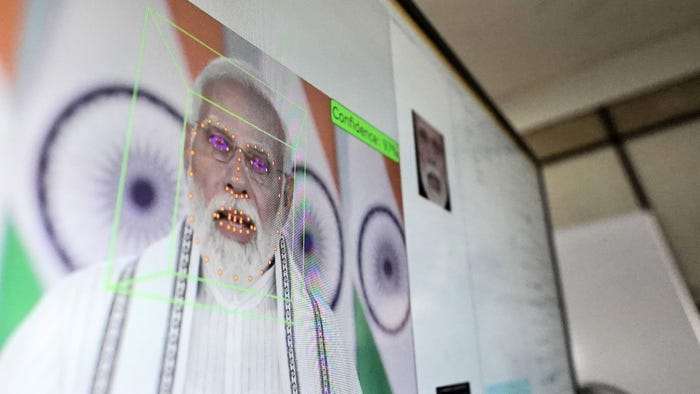DoJ Charges 10 Chinese Nationals in Elaborate Cyberespionage Case
The Justice Department has indicted 10 Chinese nationals as part of an elaborate cyberespionage case that involved stealing plans for a new turbonfan engine and infecting computers with malware.

The US Justice Department has charged a group of ten Chinese nationals for participating in an elaborate cyberespionage campaign that included infecting company computers with malware in order to steal plans and designs for a newly developed turbofan engine.
Those indicted include two Chinese intelligence officers, along with several "hackers" working at their direction, as well as pair of company insiders who helped with the espionage plan, according to the DoJ.
The DoJ announced the indictments October 30, although none of those charged are in US custody.
In a statement, federal prosecutors detailed an elaborate scheme, which continued from January 2010 to May 2015, that involved spearphishing campaigns, infecting a number of different company computers with different strains of malware and using websites as watering holes to compromise other sites. Domains were also hijacked and compromised.

(Source: iStock)
Some of the malware included Sakula, a Remote Acccess Trojan (RAT) that has been active since at least 2012.
At the heart of the indicted are charges against two Chinese intelligence officers, Zha Rong and Chai Meng, who the Justice Department claims are part of the Jiangsu Province Ministry of State Security (JSSD), which is headquartered in Nanjing.
The JSSD is a provincial foreign intelligence arm of the People's Republic of China's Ministry of State Security (MSS), according to the indictment. The MSS and the JSSD are "primarily responsible for domestic counter-intelligence, non-military foreign intelligence, and aspects of political and domestic security," according to the Justice Department.
The espionage campaign involved the two intelligence officers, along with a group of hackers -- Zhang-Gui, Liu Chunliang, Gao Hong Kun, Zhuang Xiaowei, and Ma Zhiqi -- who attempted to steal the technology and plans for a turbonfan, which was being developed by a French company with help from a US firm.
The French firm had a secondary office in Suzhou, China, and the intelligence officer recruiter two insiders, Gu Gen and Tian Xi, to help with the espionage campaign. At the same time, the hackers in the group were able to penetrate companies in Arizona, Massachusetts and Oregon that were supplying parts for the engine.
The indictment indicates that the group was helping the government of China to stay competitive. "At the time of the intrusions, a Chinese state-owned aerospace company was working to develop a comparable engine for use in commercial aircraft manufactured in China and elsewhere," according to the DoJ statement.
The espionage continued for several years until the Oregon company found the malware, cleansed it from its computers and systems and alerted authorities. The Justice Department and the FBI then began investigating the case, which took more than three years to complete
While it's doubtful whether any of the individuals mentioned in Tuesday's indictment will be brought to the US to face charges, the Justice Department recently announced the arrest of another Chinese spy, who was detained in Belgium and has now been sent to the US to face trial.
In an email, Sean Sullivan, a security advisor at cybersecurity firm F-Secure, noted that these indictments come as the US and China are engaged in a trade war and these allegation might serve as a way for the US to gain leverage over China as negotiations continue.
Sullivan also noted that China's spying efforts have been ramped up as of late.
"It's also interesting to see that the Chinese Ministry of State Security (MSS) have combined human intelligence and cyber espionage together, which shows that the infection vector doesn't always need to be virtual -- it can also be physical," Sullivan wrote.
Related posts:
— Scott Ferguson is the managing editor of Light Reading and the editor of Security Now. Follow him on Twitter @sferguson_LR.
Read more about:
Security NowAbout the Author
You May Also Like



_Daniren_Alamy.jpg?width=700&auto=webp&quality=80&disable=upscale)
